
Best Oscar Wilde Plays
Oscar Wilde stands among the most influential playwrights of the late Victorian era, distinguished by his sharp wit and the embrace of aestheticism. Born in Dublin, Ireland, Wilde moved to London to further his literary career, which included poetry, prose, and his celebrated plays. His works satirize the moral and social attitudes of the time, yet possess timeless themes that continue to resonate with audiences today. Wilde’s plays are often noted for their biting humor, intricate plots, and the flair with which they critique the norms of Victorian society.
Wilde’s legacy extends beyond the confines of the literary circles of London, as he is regarded as one of the most prominent Irish playwrights. His tumultuous biography, filled with highs and lows, echoes the complexity of his characters. Despite his later legal issues and imprisonment, which cast a shadow over his private life, Wilde’s professional achievements continue to garner admiration and study, illustrating the enduring appeal of his theatrical work. His exploration of themes such as identity, social hypocrisy, and the duality of human nature remains particularly relevant, securing his place in the canon of English literature.
1. Delving into the Best Oscar Wilde Plays
As an author and playwright, Wilde’s contribution to the world of theater is marked by a handful of plays that have cemented his reputation as a master of clever dialogue and satirical comedy. His theatrical works engage themes of morality, scandal, and the dilemmas of love and family within the confines of upper-class life, often using humor and satire to challenge societal norms. The sharpness of his prose and the depth of his characters leave a lasting impact on both the theatergoer and the literary world.
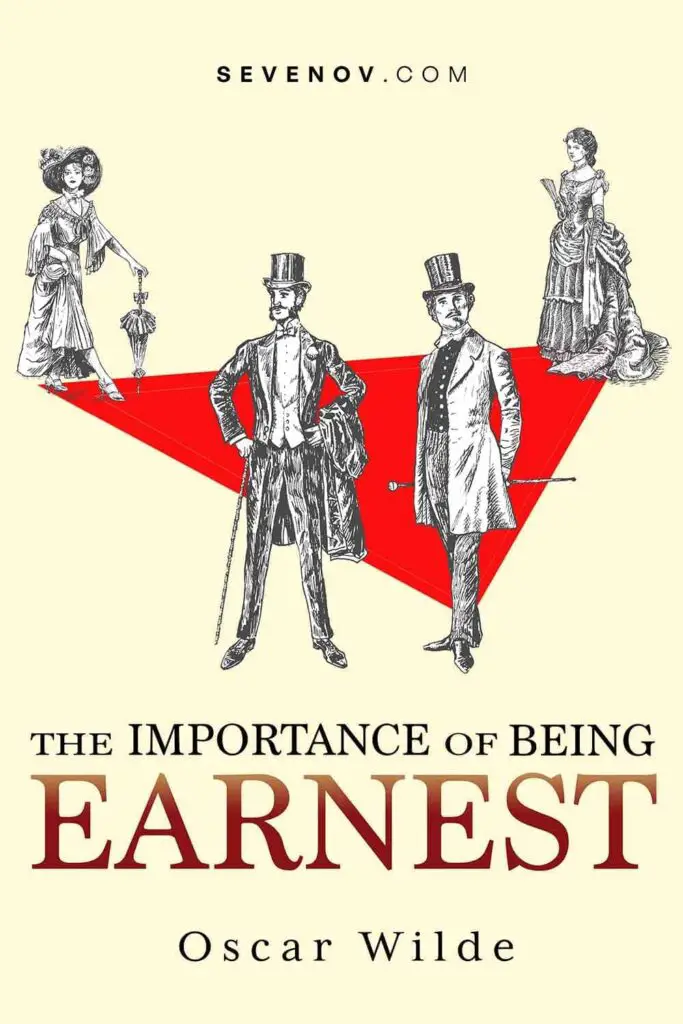
The Importance of Being Earnest
The Importance of Being Earnest is a pinnacle of Wilde’s theatrical repertoire, celebrated for its effervescent wit and exploration of identity through the device of mistaken identities. The play ridicules the double standards of fashionable society, contrasting the frivolous nature of the upper class with profound statements on romance and commitment. Characters like Lady Bracknell epitomize the rigid standards of Victorian morality, while Jack Worthing’s duplicitous life underscores the comedy derived from hypocrisy and pretense.
Find out more about The Importance of Being Earnest.
Read The Importance of Being Earnest online at PageVio.
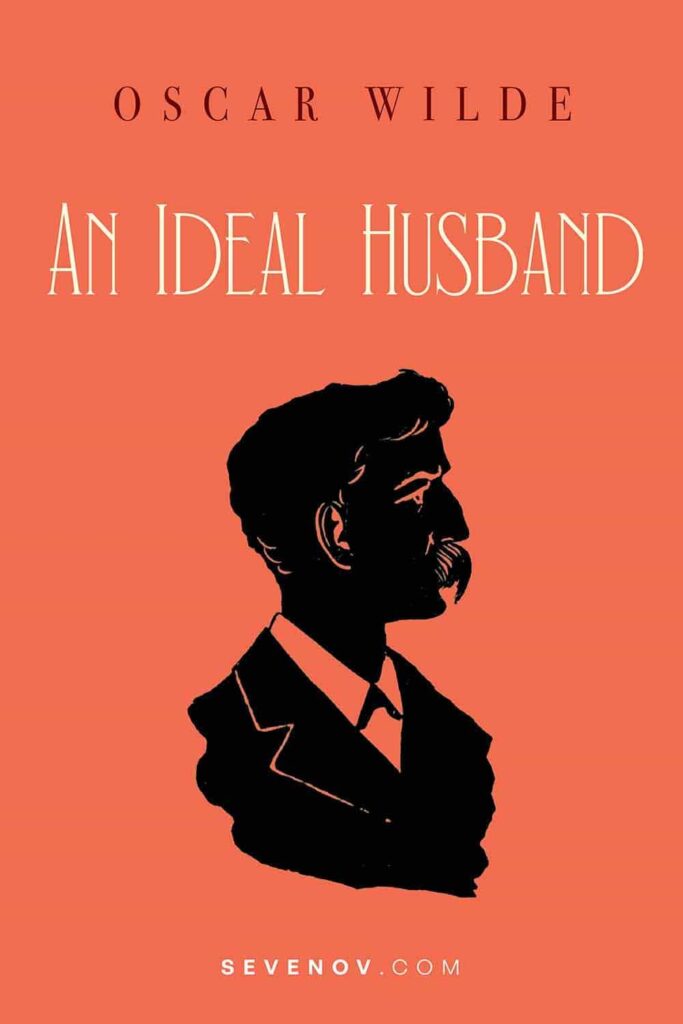
An Ideal Husband
In An Ideal Husband, Wilde navigates the perilous waters of morality, intrigue, and the facade of respectability. The work examines the impact of scandal on public and private lives through the story of Sir Robert Chiltern, a politician facing ruin from past misdeeds. Wilde’s incisive wit cuts through the veneer of London’s high society, revealing the underlying tensions between personal integrity and societal expectations.
Find out more about An Ideal Husband.
Read An Ideal Husband online at PageVio.
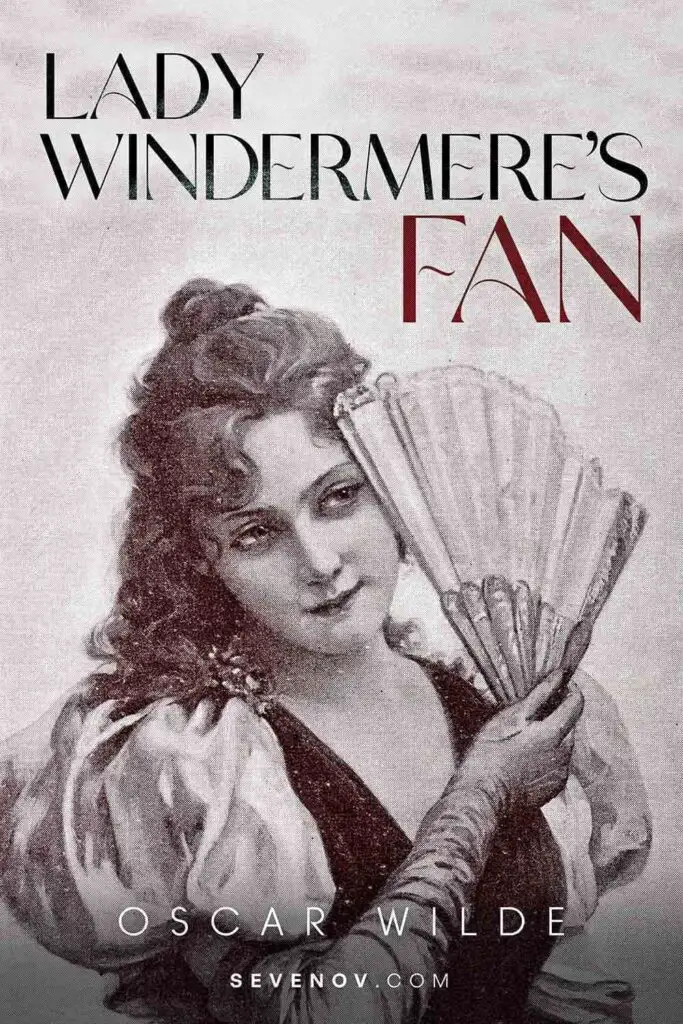
Lady Windermere’s Fan
This play reveals the complexities of marriage and family amidst the strictures of high society. Lady Windermere, faced with allegations against her husband, confronts themes of sin and redemption, as Wilde scrutinizes the moral judgments of the day. The dialogue delivers Wilde’s signature sharp humor, with an undercurrent of serious contemplation on virtue and truth.
Find out more about Lady Windermere’s Fan.
Read Lady Windermere’s Fan online at PageVio.
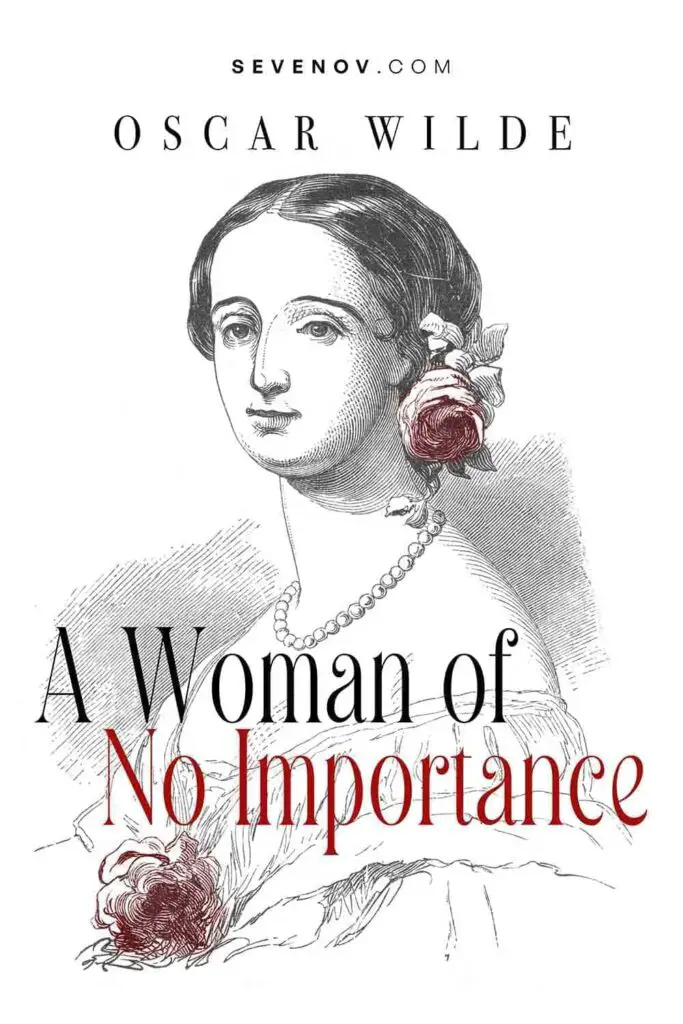
A Woman of No Importance
A Woman of No Importance centers on the themes of family, love, and the harsh scrutiny of women’s roles and reputations. Wilde’s portrayal of the central female character highlights the play’s treatment of romance and morality while infusing it with characteristic wit and social commentary. The narrative discloses the double standards and gender biases prevalent at the time, culminating in Wilde’s critique of societal norms through poignant drama and comedy.
Find out more about A Woman of No Importance.
Read A Woman of No Importance online at PageVio.
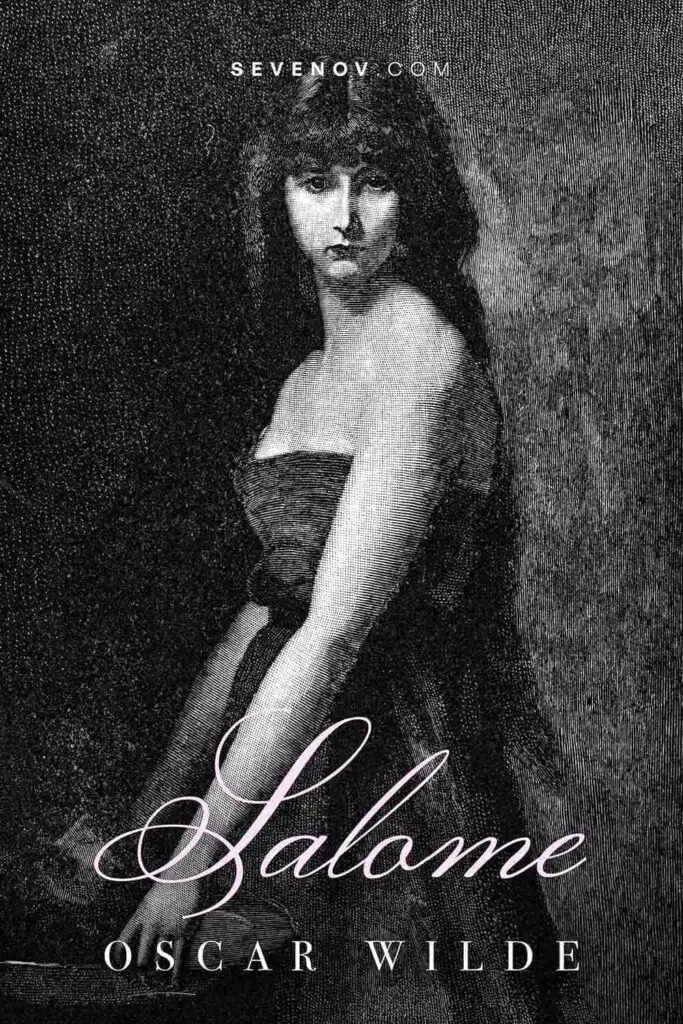
Salomé
Differing from Wilde’s comedic endeavors, Salomé is a tragic play immersed in the passionate elements of love, sin, and death. The story, revolving around the biblical figure of Salomé and her desire for John the Baptist, is conveyed through rich, symbolic language and dramatic scenarios. The play explores the darkest aspects of desire and the devastating effects of unrequited love, demonstrating Wilde’s versatility as a playwright and his capacity to articulate tragedy with the same dexterity as humor and satire.
Find out more about Salomé.
Read Salomé online at PageVio.
You might be interested: List of Oscar Wilde’s plays
2. Literary Artistry in Wilde’s Plays
Oscar Wilde’s plays are celebrated for their brilliant dialogue, vivid characters, and the seamless melding of comedic and tragic elements—all underpinned by incisive social satire.
2.1. Distinctive Dialogue and Characters
Wilde’s characters stand out with their dazzling wit and sharp dialogue. Lady Bracknell, from The Importance of Being Earnest, exemplifies Wilde’s talent for crafting memorable characters who deliver quips and paradoxes with effortless elegance. Her dialogue often highlights the absurdities of upper-class standards. For instance:
- Lady Bracknell: ‘To lose one parent, Mr. Worthing, may be regarded as a misfortune; to lose both looks like carelessness.’
The way characters express themselves is not only humorous but also reveals deeper social critiques and highlights the hypocrisy of Victorian society.
2.2. The Interplay of Comedy and Tragedy
In works like The Importance of Being Earnest and An Ideal Husband, Wilde navigates the delicate balance between comedy and tragedy, using both to enrich the other. The characters’ scandals and secret sorrows bring a tragic undertone to the plays, while their wit keeps the tone buoyant. Here’s how the two converge:
| Comedy | Tragedy |
|---|---|
| Wit and humor | Characters’ flaws |
| Light-hearted banter | Underlying sadness |
| Amusing situations | Potential for personal ruin |
By doing this, Wilde highlights the thin line between joy and despair in human experiences.
2.3. Themes of Social Satire and Morality
Wilde’s plays are laced with social satire, targeting the double standards and hypocrisies of the upper class. The recurring theme of morality versus scandal is explored through characters embroiled in various predicaments. Wit is the vehicle for his satire, as characters like Lord Goring in An Ideal Husband articulate criticisms of societal norms:
- Lord Goring: ‘Morality is simply the attitude we adopt towards people whom we personally dislike.’
This statement is a scathing commentary on the performative nature of morality within the social circles of Wilde’s time.
3. Wilde’s Cultural and Historical Context
Oscar Wilde’s career unfolded during a complex period in British history, marked by stringent moral standards and an emphasis on aestheticism. His works both reflected and critiqued the Victorian society of his time.
3.1. Influence of Victorian Society on Wilde’s Work
The strict moral codes and social norms of Victorian society greatly influenced Oscar Wilde’s plays. Notably, he employed social satire to critique the hypocrisy and pretensions of the upper class. His works often highlighted the disparity between public virtue and private vice, a recurrent theme in a society preoccupied with appearances and morality.
| Victorian Values | Impact on Wilde’s Work |
|---|---|
| Morality | Theme of duality in characters |
| Social Hierarchy | Satire of upper-class pretensions |
| Aestheticism | Emphasis on beauty and art for art’s sake |
3.2. Oscar Wilde’s Biography and Relationships
Wilde was born in Dublin in 1854 to an intellectual family and later attended Oxford, where he embraced aestheticism. Personal relationships, notably with Lord Alfred Douglas, played significant parts in both his life and works. These relationships, while initially feeding his creative genius with romance and inspiration, ultimately led to scandal and legal troubles.
- 1854: Oscar Wilde born in Dublin
- 1884: Married Constance Lloyd
- 1891: Met Lord Alfred Douglas
3.3. Trial and Aftermath: A Shift in Wilde’s Writing
The lawsuit Wilde initiated against the Marquess of Queensberry for libel led to his own arrest for gross indecency. The subsequent trial and imprisonment from 1895 to 1897 had profound effects on Wilde’s life and works. Post-imprisonment, his writing took on a more somber tone, best exemplified by “The Ballad of Reading Gaol” and “De Profundis”, which reflect on themes of morality, scandal, and human suffering.
- 1895: Wilde’s trials and imprisonment
- 1897: Release and subsequent exile
- 1900: Death in Paris, France
Wilde’s integration of the vibrant cultural tapestry of his era into his plays remains a testament to his lasting legacy in literature and society.




